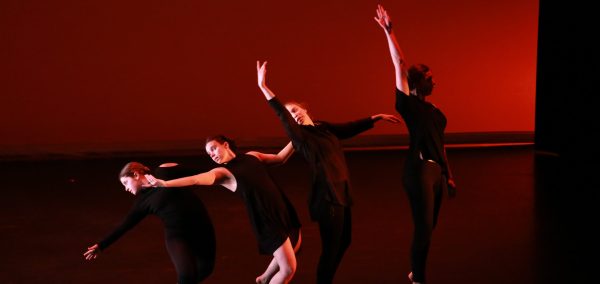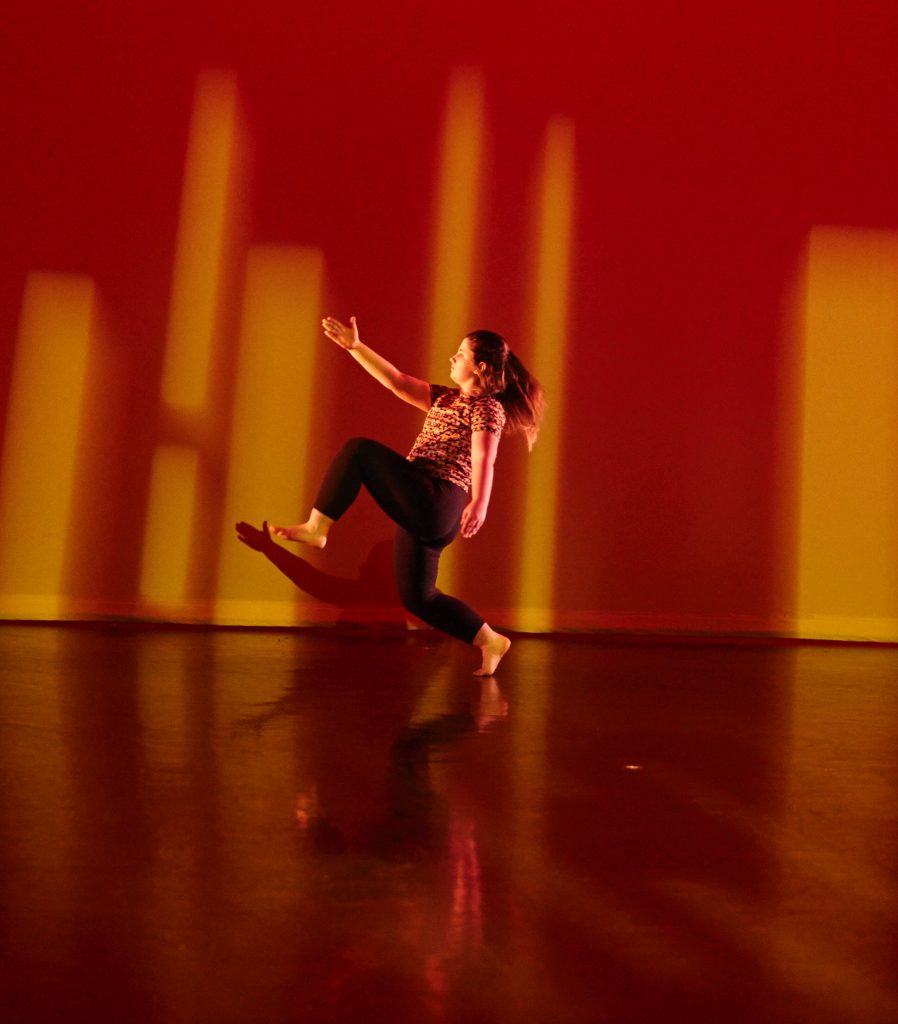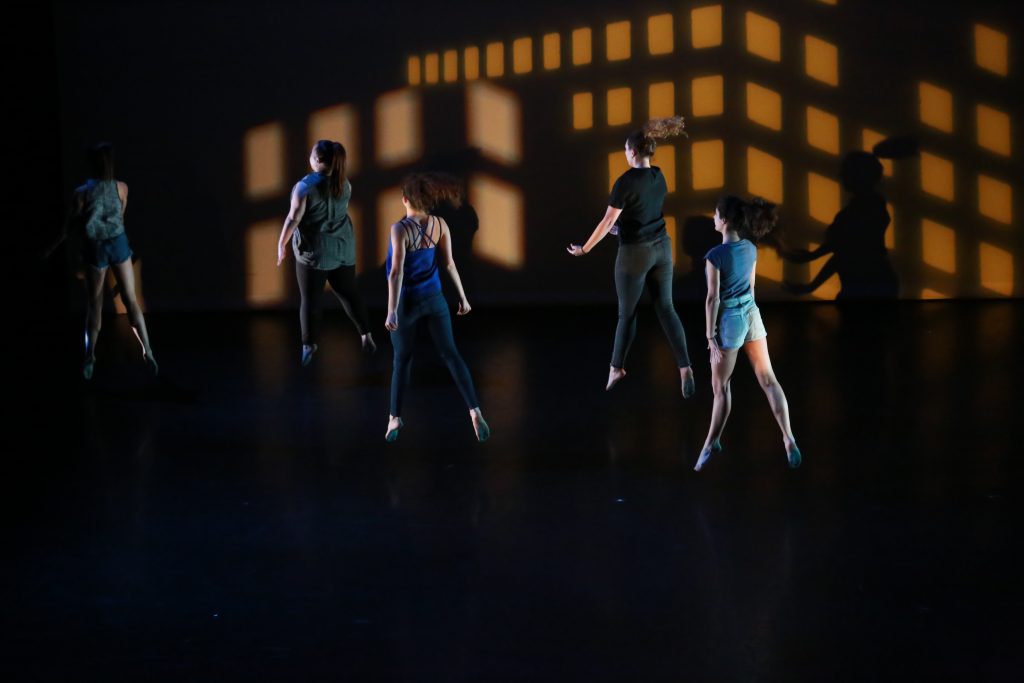
Major misconceptions about dance minors, debunked
It’s not always about leaps and turns
Out of the 80 minors available for Boston University students to pursue in addition to their major, I’m chose one of the most unrecognized: a minor in dance.
I began the program my second semester at BU, and have loved it ever since. The minor allows me to continue my passion for dancing while completing my journalism coursework – something I never thought I could do at BU.
Now that I am close to completing my dance minor, and as I’ve been completing it, I realized that, outside of the dance community, people at BU are unaware the dance minor exists. Because of this, there are plenty of misconceptions about it. Here are some common ones.

(Photo: Bill Parsons/Maximal Image)
‘Dance minors don’t take ‘actual’ classes’
Contrary to popular belief, not all of our classes involve leaps and turns. In addition to the technique and repertory classes we are required to take, dance minors take three theory classes: dance history, aesthetics and philosophy of dance, and choreography. In these classes, dance minors learn about the history of dance from the Renaissance times to today. These are real classes- we deal with history, philosophy, and theory, in the context of dance, in order to become more well-rounded as artists. We learn more than just technique: we learn the science behind how dance became the way it is today.

‘Dance technique classes are too hard’
Technique classes have various levels of difficulty, and are open to everyone regardless of skill or ability. Taking dance classes at BU are a fun way to learn something new and improve on technique.
One dance technique class I took this past semester was high intermediate jazz. Although most students in the class had danced their whole lives, there were some who have never danced before. The teacher broke down the combinations step-by-step throughout the semester, even modifying movements so everyone could was able to do them. This class was made to be accessible to everyone, just like every other dance technique class offered at BU.

‘A dance minor won’t get you anywhere’
Having a minor in dance can be quite useful, and can supplement any major or career path. Not only does it provide skills you wouldn’t have learned elsewhere, it gives you a more well-rounded education and an advantage in the job search. Some possible career paths stemming from a dance minor include physical therapy, dance education, dance marketing and communications, however the possibilities are endless.
There are also many performance opportunities for dance minors through student groups, in which students have the chance to perform and fulfill the minor’s repertory requirement. Many students do this through the Dance Theatre Group (DTG), where they learn how to put on a dance concert in its entirety – from choreographing to performing to working with lights. DTG shows a different perspective on the performance aspect of dance, which makes it my favorite part of dancing at BU.
It should also be noted that DTG is open to everyone, regardless of major, skill or ability. Students do not need to be dance minors to participate – in fact, most people in the group are not dance minors. For more information about DTG, check out this link.

Dancers performing a cool piece I choreographed this semester. (Photo: Olivia Blaisdell)
I am set to complete my dance minor by spring 2018. Although I’m sad that my time as a dance minor is almost coming to an end, I’m so thankful to have pursued it when I did. The minor has made me grow as a dancer and a person, and I’ve learned so much about dance and the dance community in Boston.
If you want to continue (or start) dancing and learning about dance in college, or if you’re somebody looking to try something new, I highly recommend pursuing this minor. Ignore the misconceptions and stereotypes, and believe me when I say that having a minor in dance from Boston University is absolutely worth it.
